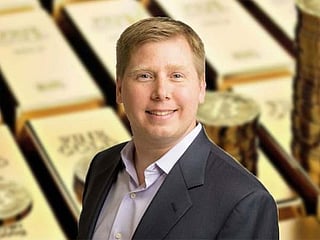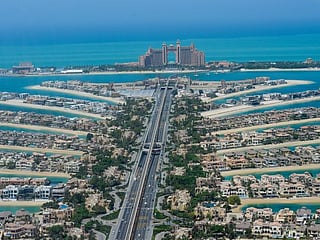Government stimulus measures are starting to feed into Dubai's property market
Government is also providing more breathing space for private developers on funding

Also In This Package
Spring is the air - the revival of real estate asset prices in Dubai has reinvigorated the investment cycle on the one hand, leading to a flurry of off plan launches.
It stunned the sceptics on the other hand, who are talking about misplaced optimism given the fact that the SME sector continues to struggle and the legal system continues to be logged with bankruptcy filings.
To be sure, the rise in property prices (particularly in the villa segment) reflects trends in other parts of the world, partly in response to local and global business stimulus. And partly because of the UAE’s lead role in the vaccination drive leading up to the Expo event.
In the UAE’s case, the rise has also occurred due to the unwinding of the “negative asset bubble”, as prices in many instances had dropped to below replacement value levels. This has led to smart money moving in to capitalize on the arbitrage.
Proactive policies adopted by the government to revive the job engine has helped with the rebound in asset prices, predominantly in the top end of secondary markets. And even offplan sales have revived as confidence starts to return.
The question now is whether this rebound is sustainable as the damage inflicted starts to unwind and new capital is infused into the system. Against this backdrop, various disputes that have risen throughout the industry are in the process of being resolved and restructured as value begins to be realized in the ecosystem.
Breathing space
These mechanisms will become critical for momentum to gather pace. For this to occur, the legal and arbitration systems will be put to the test as innovative processes get introduced at the macro- and micro-levels, especially for private sector developers.
The key ingredient remains a shared sense of confidence about future benefits that are on the horizon, which enables a sense of collaboration and thereby speeds recovery.
In parts of the world where house prices have risen, they have done so against the backdrop of too much liquidity chasing too little supply. Even there, doubts have been raised as to the sustainability of the recovery, as stimulus measures thus far have primarily been channeled into asset markets rather than sectors that create sustainable job and wage growth.
Spread the stimulus
In Dubai, that has not been the case, as a concerted effort has been made to revive the trade and tourism sectors, placing health and safety at the center of this revival strategy. To be sure, this has acted as a pivotal mechanism towards the infusion of capital into industries.
But for there to be sustainability, the mid-income sector has to be “inoculated” against the shocks that have been felt throughout last year. For this to transpire, further measures, such as the relaxation of loan covenants, a more holistic approach to dispute resolution, as well as a restructuring of liabilities remain the order of the day.
This way, projects that have been starved of capital in the downturn can have their rights ensured and values protected in a transparent manner. From service fees to subcontractor dues to investor protection and developer rights, laws being put into place have to instill the spirit of protecting the small guy caught in the whirlpool of stalled projects.
On the comeback
That has always been the zeitgeist of Dubai: to nurture the creativity and innovation that allow for the small entrepreneur to thrive, such that there is no oligopolistic markets whereby rights are usurped. Further incentives that are on the anvil will go further towards cementing this historic reputation of the city. For now, there is no doubt that Dubai and the UAE are back.
The way forward is for dispute resolution mechanisms to be refined in a delicate and elegant manner such that the winner-takes-all approach is forever abandoned. The pandemic accelerated the widening inequality and stimulus measures were part of the process to address this gap, as well as stoke the fires of growth.
The next phase of restructuring involves a funambulistic approach where the small investor is put at the heart of the confidence building and economic revival approach. That is the only way where the grammar of the world can become clear again, where at the root of the variegated forms of reality, there is a theory of relation. And the Golaiths of the world share the spoils under a subtle - but clear framework - of fairness.
Sign up for the Daily Briefing
Get the latest news and updates straight to your inbox










